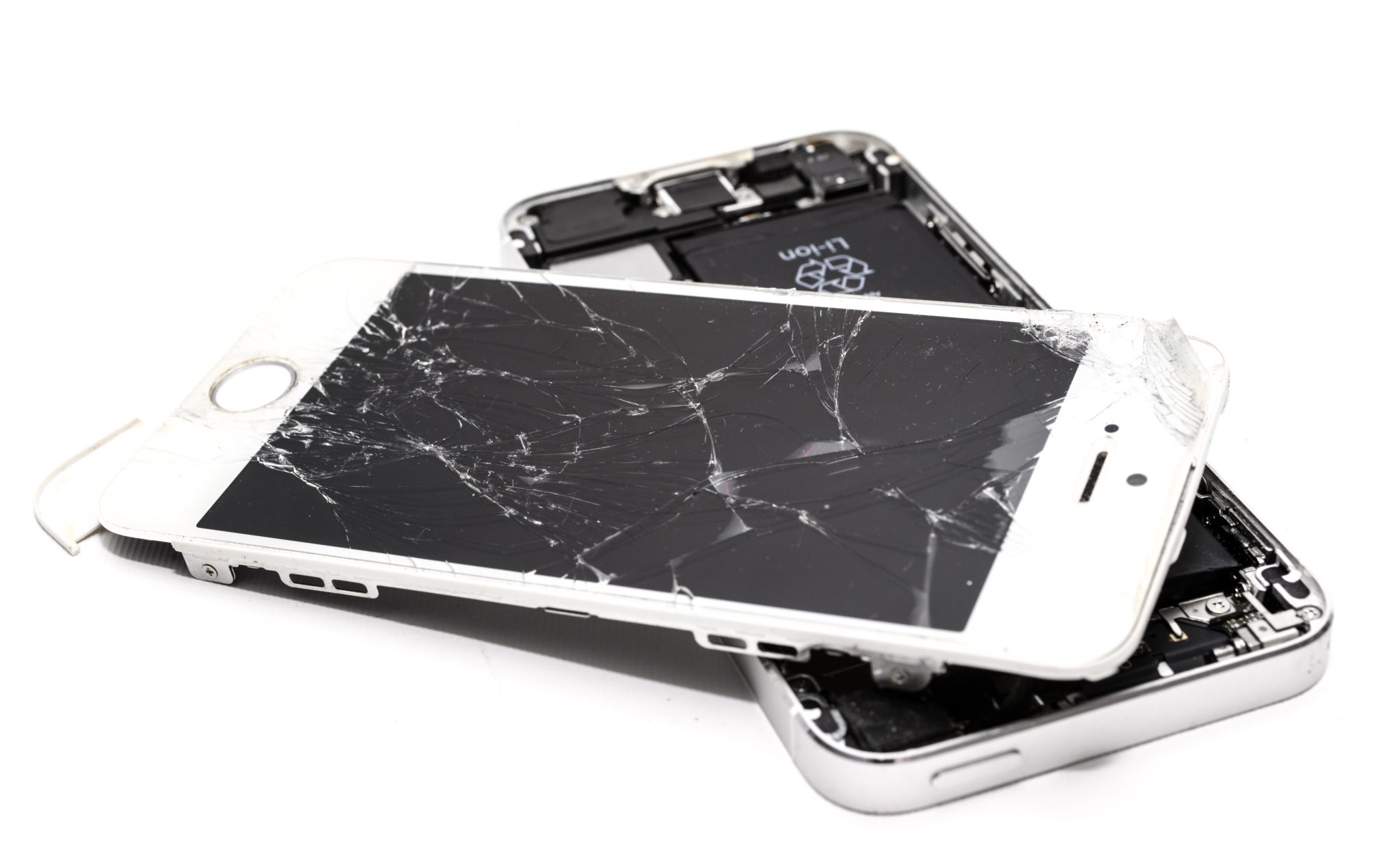
No one can deny that the last few years have been marked by accelerated and constant growth in the use of technology. In addition technology is constantly transforming, resulting in continuous changes to the devices we use. So what should we do with these products when they are no longer being used? Before answering, let’s take a look at E-waste Recycling.
The United Nations Environment Program (UNEP) estimates that around 50 million tons of e-waste that could be recycled is generated around the world.
The United Nations (UN) estimates that 80 percent of the world’s e-waste is exported to third-world countries where, at the moment, there is little to no regulation relating to e- waste.
E-waste equals Pollution
E-waste contains highly toxic materials including Mercury, Lead, Cadmium, Chromium, Arsenic and Antimony, which can cause varying forms of damage to people’s health and the environment.According to National Geographic, Mercury, for example, can damage the brain and nervous system, Lead can cause intellectual impairment, and Cadmium can lead to reproductive disorders- possibly even infertility. To put it in real terms: a fluorescent tube can contaminate up to 16,000 liters of water, a nickel-cadmium battery used in cell phones up to 50,000 liters of water, and a television up to 80,000 liters of water.

E-waste Recycling
E-waste contains large amounts of materials and plastics that can be reused, which is why we focus on recycling e-waste.Did you know that e-waste contains precious metals such as Gold, Silver, Copper, Platinum, and Palladium? It is estimated that the materials in all this e-waste could be worth up to €55 billion a year. All this could change if our devices do not end up forgotten and gathering dust somewhere and we decide to do something with them: in order to make this change the next time you aren’t sure what to do with your cell phone or old computer, take it to the appropriate recycling collection point. There are recycling points in most cities, and through this small act we can change the world.





